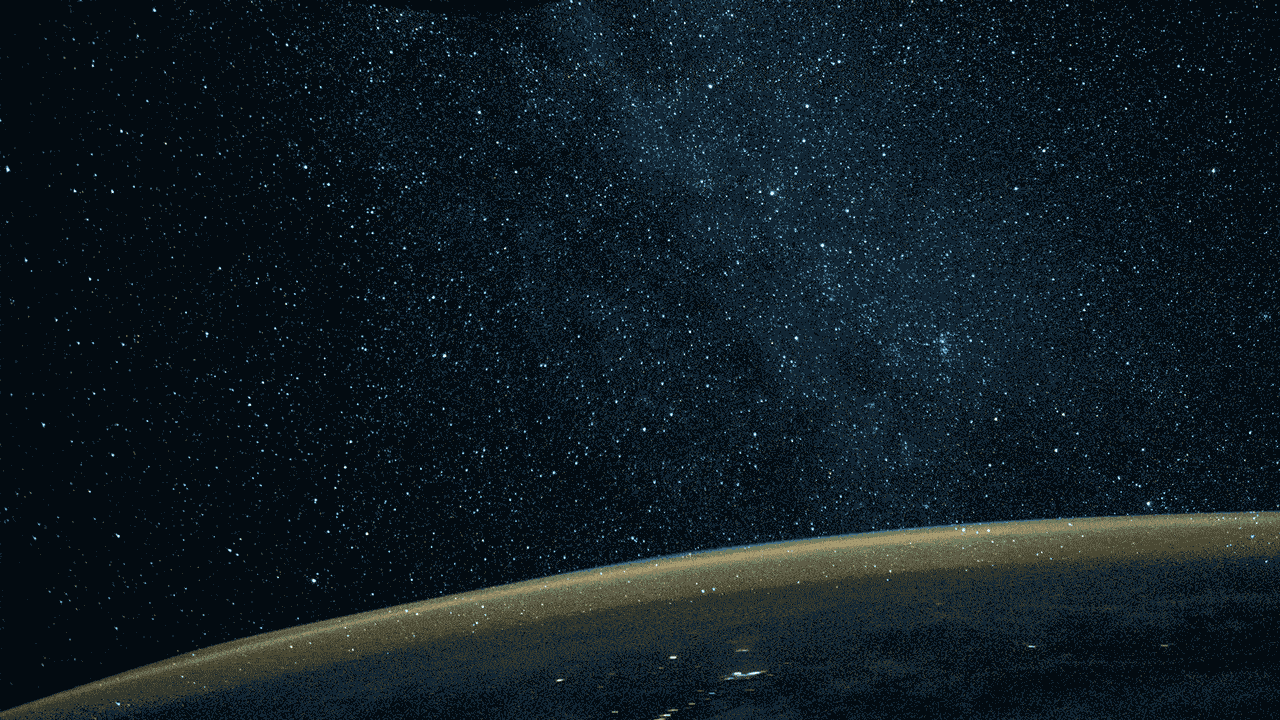The Hubble Constant conflict
Add Axios as your preferred source to
see more of our stories on Google.

Scientists can’t agree on the answer to a foundational question in physics — how fast the universe is expanding — and to some, the debate signifies that their understanding of the universe may be about to shift.
The big picture: Cosmologists have been debating the expansion rate of the universe — known as the Hubble Constant — for decades, but today’s controversy centers on two camps that disagree on just how fast our 13.8 billion-year-old universe is moving.
Why it matters: The Standard Model of cosmology, which is designed to explain how our universe works on a grand scale, still has its limitations. Cosmologists are looking for a way to "break" the model in order to figure out exactly what they're missing.
- "We need something to break. We're desperate for something to break," astrophysicist Katie Mack told Axios in an interview.
- New observations and analysis further refining the Hubble Constant could provide that big break they're looking for.
Where it stands: Cosmologists using data from the Planck telescope's map of the cosmic microwave background emitted during the early days of the universe place the Hubble Constant at about 67 kilometers per second per megaparsec.
- That number, however, is at odds with a study published this spring that tracked distances to stars to measure the rate of expansion.
- The study — conducted by a team led by Adam Riess, a Johns Hopkins professor who won a Nobel Prize in 2011 for his work involving the expansion of the universe — places the constant at about 74 kilometers per second per megaparsec; 9% faster than expected.
- Other studies looking at the late universe also found numbers somewhat in line with the Riess study, ranging from about 73 to 75.
The catch: If both values are shown to be correct, then it would mean that the universe is expanding at a rate that defies our best predictions, effectively breaking the Standard Model.
- "That is, you know, in a way, that's the most exciting possibility, that both sets of measurements are right, and we're doing the wrong thing when we say one should be equal to the other because we're leaving out some chapter in the story," Riess tells Axios.
But, but, but: A recent study using red giant stars to gauge expansion puts the constant in between the late and early universe values, hinting that the true answer may lie somewhere in the middle.
- "I don't want to get too excited about discoveries in new physics yet," Mack says.
What to watch: Researchers are now looking to a variety of different kinds of stars and other observations to try to nail down what the Hubble Constant actually is.
- Scientists hope to use gravitational waves — ripples in the fabric of space and time — sent out by neutron stars colliding to gauge the expansion rate as researchers find more evidence of those events.
- Data from the European Space Agency's Gaia spacecraft will also be key in the coming years, allowing scientists to measure cosmic distances with greater accuracy.
- Cosmologists are continuing to refine their understanding of dark energy and dark matter, which could shift goalposts on the Hubble Constant as well.
In the immediate future, scientists will continue to parse the early and late universe numbers with a fine-toothed comb in the hopes that perhaps some overlooked element will help bring the numbers closer together.
- "So I think to me, it really means that the systematics, and all of this, still require an awful lot of work to see if we can finally eventually agree on some value that is likely to be in the middle somewhere," Clemson University astronomer Dieter Hartmann told Axios.
The bottom line: It’s too early to say whether our understanding of the universe is about to undergo a seismic shift, but scientists are paying close attention to any new data that could deepen our understanding of it.The Hubble Constant controversy is inspiring scientists to find new and inventive methods for testing just how fast our universe is expanding.
Go deeper: Cosmologists debate how fast the universe is expanding(Quanta)
Editor's note: This story was corrected to remove a reference to the standard model of particle physics.
